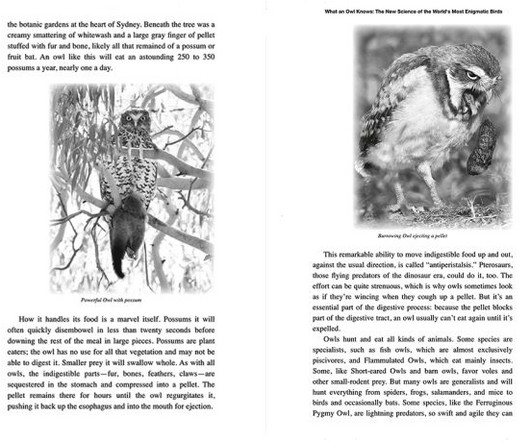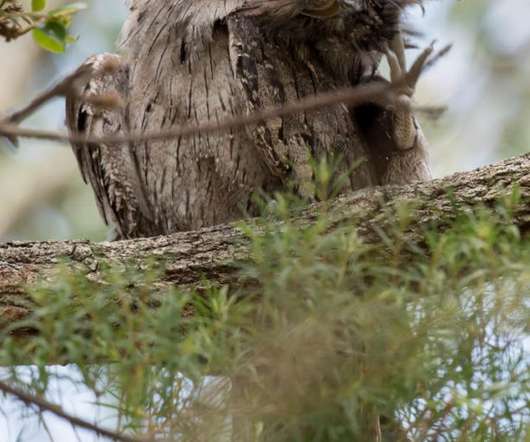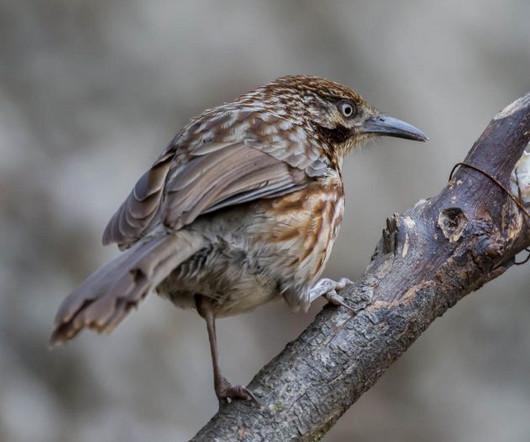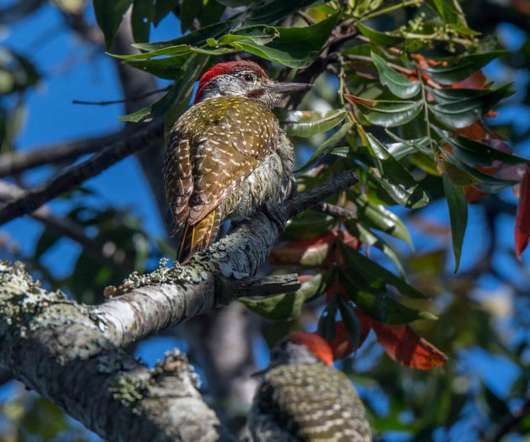What the Owl Knows: The New Science of the World’s Most Enigmatic Birds: A Book Review
10,000 Birds
JULY 4, 2023
Ackerman’s new book is about owls and owl research–the knowledge recently and currently being discovered through DNA analysis, new-tech tracking and monitoring, and old-fashioned fieldwork under the auspices of organizations like the Global Owl Project and the Owl Research Institute.












Let's personalize your content